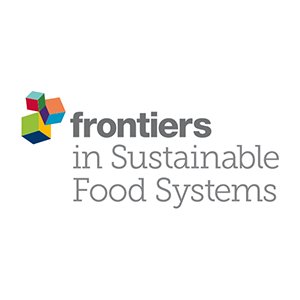Consumer Preference Testing of Boiled Sweetpotato Using Crowdsourced Citizen Science in Ghana and Uganda
Crowdsourced citizen science is an emerging approach in plant sciences. The
triadic comparison of technologies (tricot) approach has been successfully utilized
by demand-led breeding programmes to identify varieties for dissemination suited to
specific geographic and climatic regions. An important feature of this approach is the
independent way in which farmers individually evaluate the varieties on their own farms
as “citizen scientists.” In this study, we adapted this approach to evaluate consumer
preferences to boiled sweetpotato [Ipomoea batatas (L.) Lam] roots of 21 advanced
breeding materials and varieties in Ghana and 6 released varieties in Uganda. We
were specifically interested in evaluating if a more independent style of evaluation
(home tasting) would produce results comparable to an approach that involves control
over preparation (centralized tasting). We compiled data from 1,433 participants who
individually contributed to a home tasting (de-centralized) and a centralized tasting trial in
Ghana and Uganda, evaluating overall acceptability, and indicating the reasons for their
preferences. Geographic factors showed important contribution to define consumers’
preference to boiled sweetpotato genotypes. Home and centralized tasting approaches
gave similar rankings for overall acceptability, which was strongly correlated to taste.
In both Ghana and Uganda, it was possible to robustly identify superior sweetpotato
genotypes from consumers’ perspectives. Our results indicate that the tricot approach
can be successfully applied to consumer preference studies.

